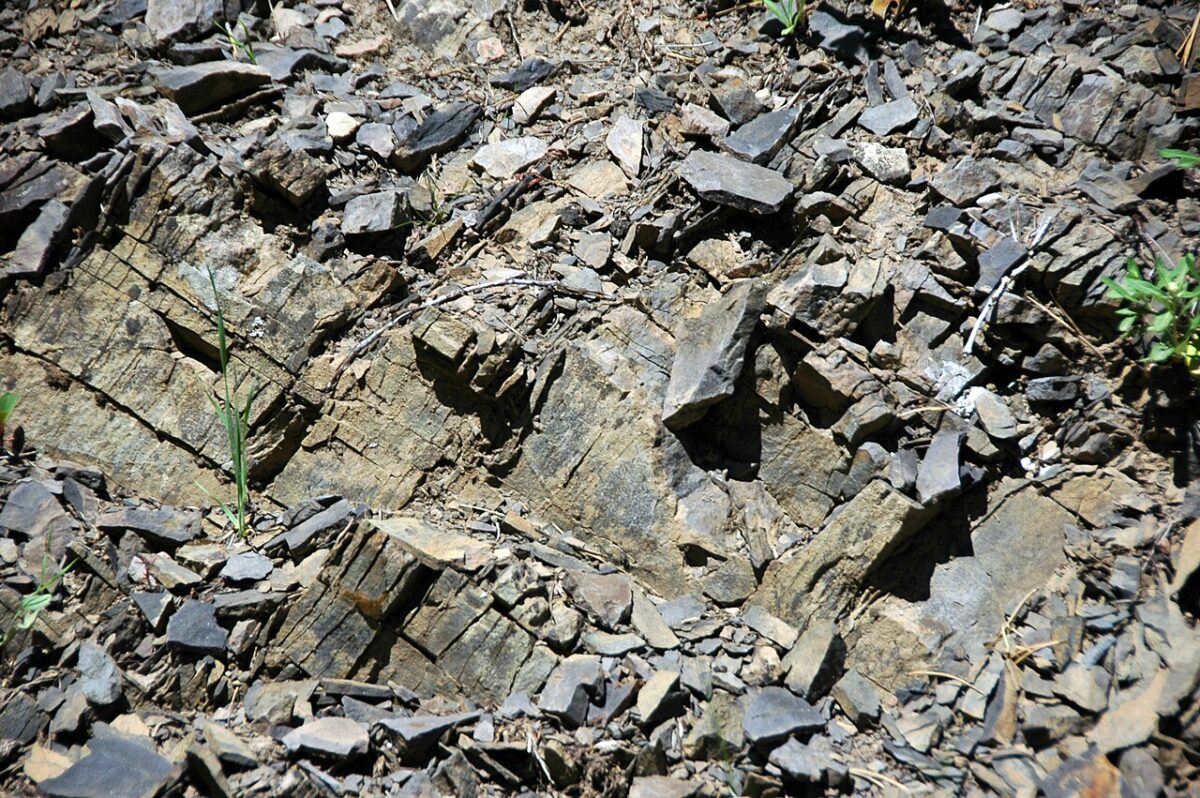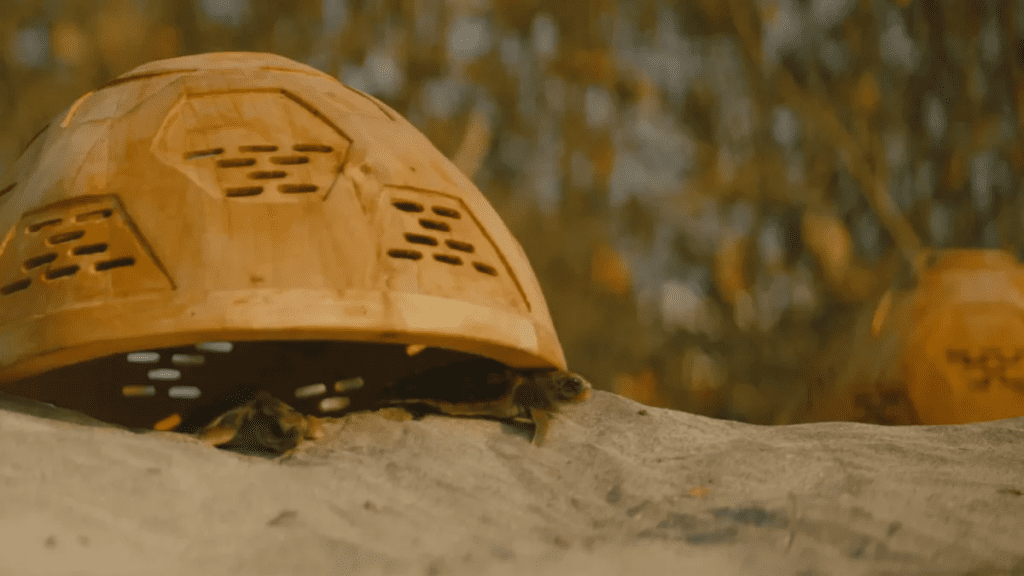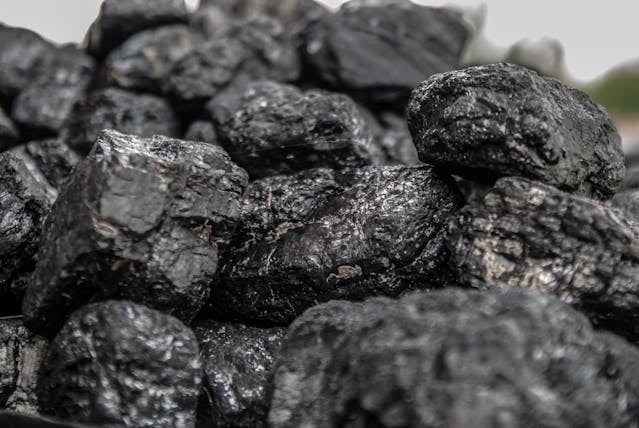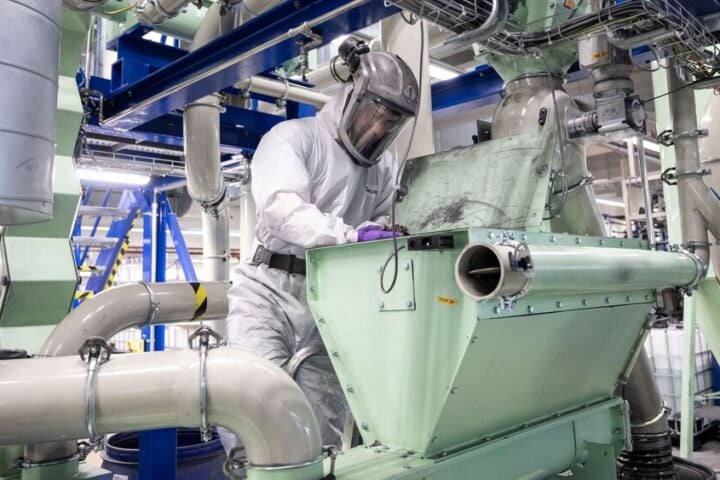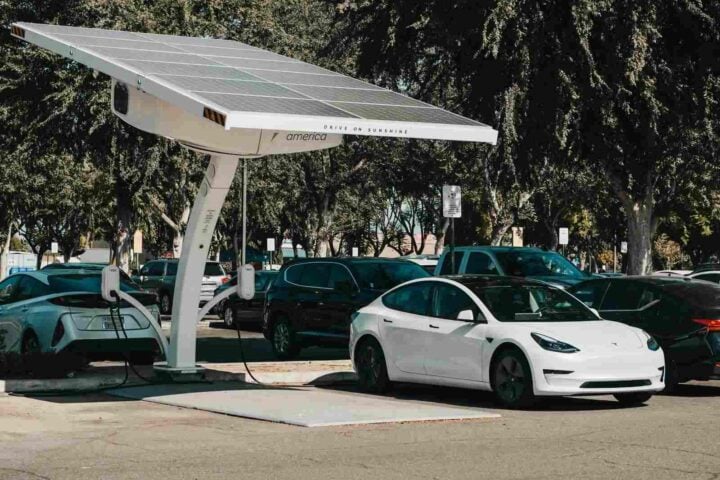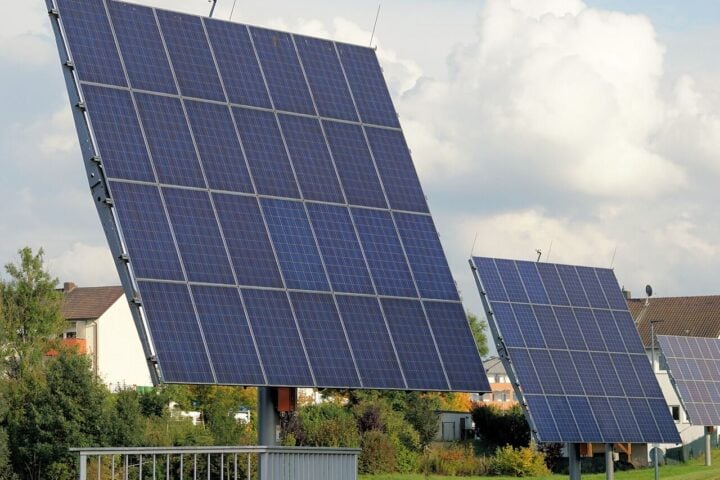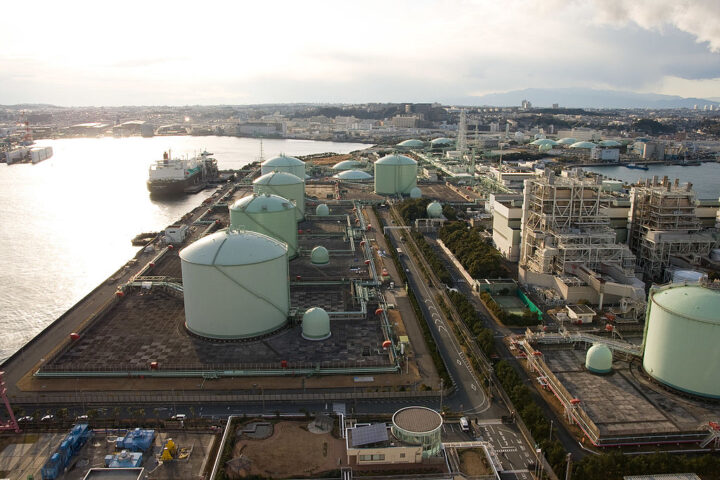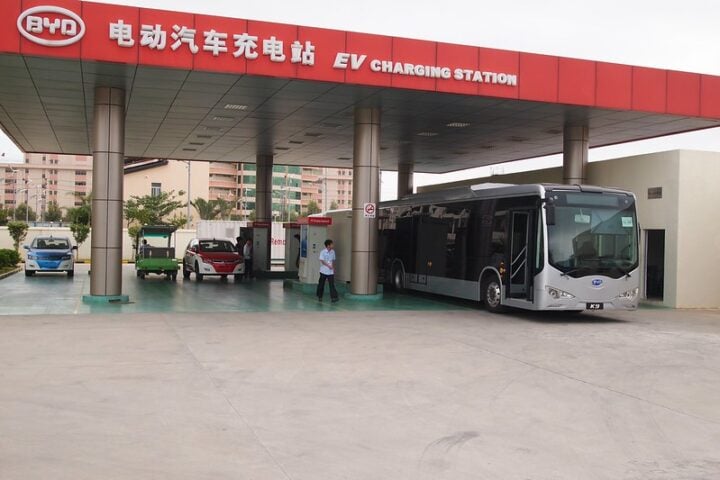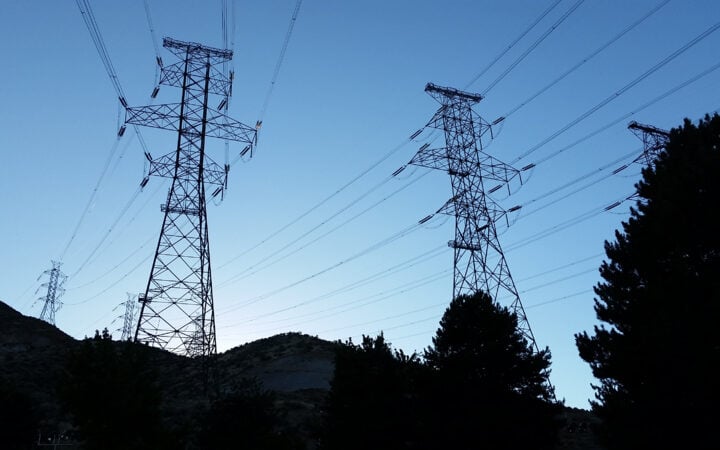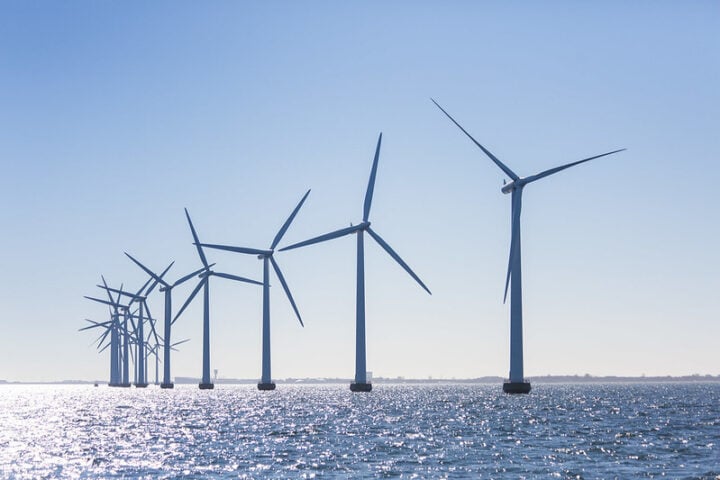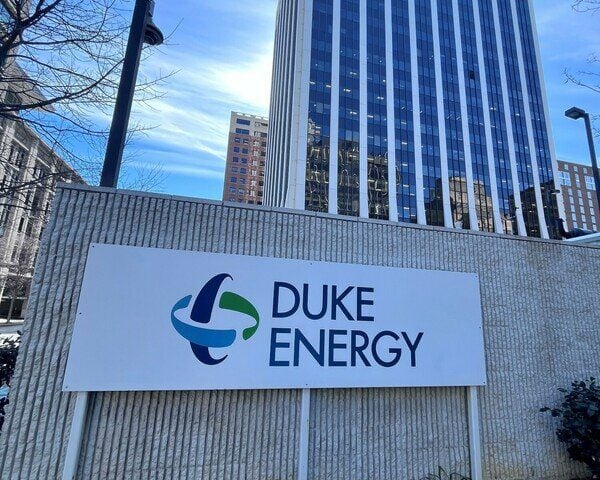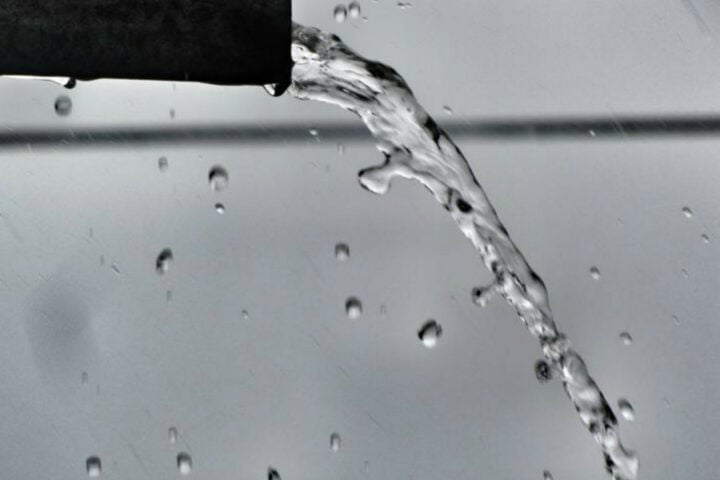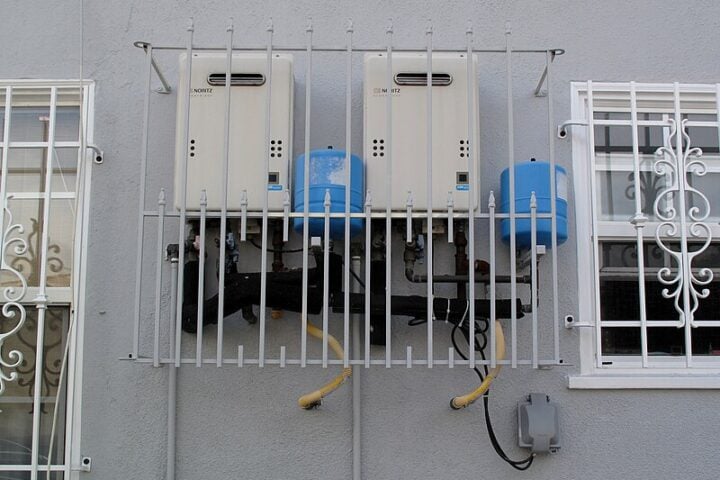A massive underground deposit of high-grade phosphate rock in Norway has been discovered, estimated to be worth 70 billion tonnes. The Norwegian deposit is considered the world’s largest and can meet global demand for fertilizers, solar panels, and electric car batteries for the next century. Phosphate rock is essential for phosphorus production in the fertilizer industry and is listed as a critical raw material by the European Commission. The largest phosphate rock deposits are currently located in the Western Sahara region of Morocco, followed by China, Egypt, and Algeria. Norge Mining, the company behind the discovery, believes the Norwegian deposit is significant, surpassing all known sources of phosphate rock. Phosphorus is crucial for the fertilizer industry, and the global food supply chain heavily relies on it.
Phosphorus is a very highly useful mineral. It is used in the production of solar panels, electric car batteries, semiconductors, and computer chips. The European Commission recognizes the strategic importance of products manufactured using phosphate rock and aims to maintain Europe’s position in green technologies. The Norwegian deposit contains vanadium and titanium, which are critical raw materials for the aerospace and defense sectors. The discovery of the Norwegian deposit contributes to the objectives of the European Commission’s proposed Critical Raw Materials Act. Phosphorous demand for battery production is currently small but projected to increase to about 5% of global demand by 2050. Major producing countries like China and the US may restrict exports to protect their domestic supplies, leading to potential supply disruptions.
Known reserves of high-grade phosphate rock are depleting, with limited suppliers outside of Europe.
Phosphorous refining is a carbon-intensive process, currently concentrated in China, Vietnam, and Kazakhstan. Norge Mining aims to observe stricter environmental standards and apply carbon capture and storage technology during mining operations. The EU heavily depends on phosphate rock imports, raising concerns about potential shortages. The global economy consumes approximately 50 million tonnes of phosphorus each year. The discovery of the Norwegian deposit helps alleviate concerns about phosphorus supply and potential market volatility. The mine in Norway is a high priority for the government. Even Europe and the US are keen on it due to its strategic importance. Sweden’s recent discovery of rare-earth metals complements Norway’s findings, strengthening the West’s position in geopolitical rivalries. The exploration phase for the Norwegian deposit has concluded, and Norge Mining aims to advance to the mining production stage. The Norwegian government has been supportive of the project, with fast-track approval for critical raw material projects.
Similar Post
However, the European Union’s classification of phosphorus and phosphate rock as critical but not strategic minerals poses challenges for permitting. Permitting can significantly impact the mining sector, and timely approval is crucial for commercial extraction. Norge Mining has received interest from companies worldwide, including airplane manufacturers interested in titanium supplies. The European Commission acknowledges the relevance of phosphorus for batteries and digitalization but considers reserves to be abundant. The proposed Critical Raw Materials Act in the EU aims to enhance supply security and streamline permitting processes. The Act is currently under examination by the European Parliament and member states, with potential adoption later in the year. Norway’s government is considering fast-tracking a giant mine in Helleland, aiming to develop the world’s most sustainable mineral industry. The discovery of these minerals in Norway presents an opportunity for sustainable resource development and aligns with Norway’s obligations.
